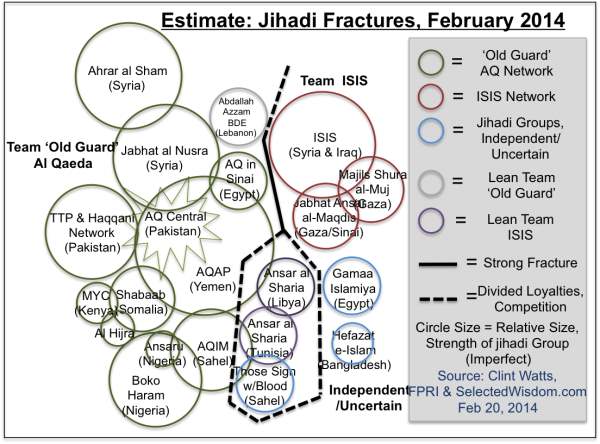IS THE DOOMSDAY CLOCK A GOOD OR BAD IDEA?
IT HAS JUST BEEN MOVED FORWARD TWO TICKS—TO THREE MINUTES TO MIDNIGHT? WHY?

This rather cool story came from Business Week—now owned by Bloomberg. It seems to be a natural fit.
I have been reading BW all my adult life and rate it highly. It isn’t mindlessly pro-business—and it interprets its mandate broadly. Its an outstanding publication. The story was written by Tony Randall.
“World leaders have failed to act with the speed or on the scale required,” the Security Board wrote in a statement today. “In 2015, unchecked climate change, global nuclear weapons modernizations and outsized nuclear weapons arsenals pose extraordinary and undeniable threats to the continued existence of humanity.”
The Doomsday Clock was established in 1947 by Manhattan Project scientists who built the world’s first atomic bomb. The idea was to create a visible symbol to help the public understand the threats humanity has foisted upon itself. The group’s Security Board meets twice a year to determine the threat level. Advisers to the board include 17 Nobel prize laureates.
Since the clock was first set in 1947, it’s been adjusted 18 times. The safest period was from 1991 to 1994, when the clock was 17 minutes from midnight. The last time the clock was this close to the apocalypse of midnight was during the Cold War tensions of the mid-1980s. The clock was last adjusted, by one minute, in 2012.
The Bulletin of the Atomic Scientists said the following actions must be taken to roll the clock back:
- Cap greenhouse gas emissions at levels that would keep global warming below 2C (3.6F)
- Dramatically cut spending on nuclear weapons modernization
- Reinvigorate the nuclear disarmament process
- Deal with the problem of nuclear waste
My impression is that the Doomsday Clock is a nice idea (perhaps not the best choice of words) which doesn’t work. Most of us live in our own bubbles and have a hard time coming to terms with issues outside those bubbles. Perhaps we are genetically programmed that way.
As a writer of the intellectually curious variety, I tend to think outside the bubble (arguably to the neglect of my own immediate interests), but find myself conflicted by the nuclear issue.
Based upon my research, I believe in the potential of nuclear power though don’t think we are doing it right yet. Thorium looks to be worth exploring—as do much smaller distributed pebble bed nuclear reactors (which you will know all about, of course).
Though I believe sustainable energy from wind, solar and ocean sources will come to dominate, we are still likely to need a consistent base from the grid unless we have a storage breakthrough. Will we? Probably—but I doubt that storage will be cheaper than nuclear could be (though local storage to even out the bumps looks interesting)..
All conjecture, let me stress. Nobody, by definition, really knows about breakthroughs that have not, as yet, happened. But we do know that despite the horrific capital costs, nuclear reactors are low cost produces of electricity.
On the other hand, nuclear weapons give me the creeps and I think it is only a matter of time before some people with hostile intent lay their hands on such weapons and use them against us.
I doubt they will use missiles—although it is certainly possible.
The most likely outcome is that multiple nuclear weapons will be infiltrated into multiple locations and exploded simultaneously. Alternatively, they will just be delivered by FedEx.
Who will do this? The list increases by the day. We seem to put much more effort into inconclusive wars than trying to remedy the grievances that give rise to those wars. I guess wars are more profitable. Our idea of long-term planning is a Financial Quarter.

But relax! I mainly write fiction. What do I know?
Mind you, after making a speech on this matter some years ago to the Marine Corps Intelligence Association, I was approached afterwards by a senior mover and shaker in intelligence who said: “That is exactly what we fear.”
Perhaps, I do know something—and I certainly know some people. Books get around—and where they go, the author may follow—and look, and listen, and understand.
And fear.
It’s kind of fun—in an uneasy kind of way—because this isn’t fiction. The nuclear threat is very real.
VOR words c. 729

No comments:
Post a Comment